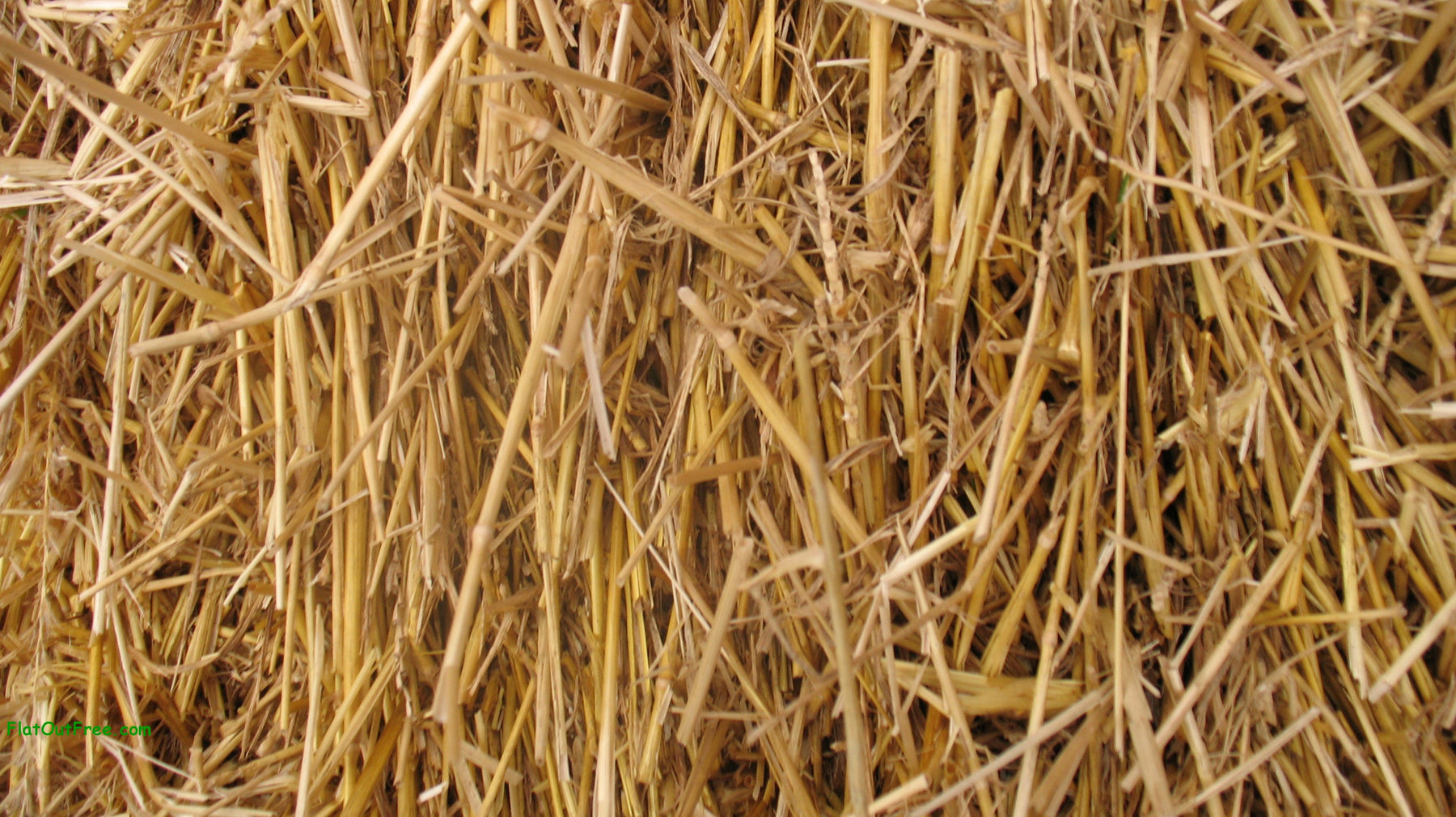In the intricate tapestry of human spirituality, the metaphor of “straw men straw houses and straw religions” serves as a poignant allegory for understanding Baha’i teachings. This framework invites an exploration of fragility, resilience, and the transformative nature of belief systems. The Baha’i Faith, with its foundational tenets of unity, equity, and progressive revelation, stands as a counterpoint to these vulnerable constructs. In this exposition, we will dissect the implications of this metaphor through the lens of Baha’i principles, cultural contexts, and the overarching pursuit of truth.
To commence, let us elucidate the essence of a “straw man.” In discourse, this term denotes a fallacy wherein an argument is misrepresented to facilitate rebuttal. In the realm of religion, a straw man may assume the form of a caricatured belief system—one that misappropriates the essence of genuine faith. The Baha’i perspective emphasizes the necessity of understanding and representing others’ beliefs authentically, thereby eschewing the construction of straw men that obfuscate the truth. This practice cultivates a culture of respect, fostering dialogue rather than discord among diverse faith communities.
Delving deeper, we encounter the notion of “straw houses.” These ephemeral structures—constructed from tenuous materials—serve as a metaphor for religious frameworks that lack substantive grounding. Within Baha’i discourse, it is posited that many conventional religions, akin to straw houses, are built upon outdated interpretations and rigid dogmas that fail to accommodate the dynamic nature of human society. Baha’is argue that just as houses must be constructed from robust materials to withstand the elements, so too must religions evolve to meet the needs of humanity. This evolution is not simply about adaptation; rather, it is about a holistic understanding of divine guidance that evolves with time, transcending historical constraints and ensuring relevancy in an ever-changing world.
As we navigate through this metaphorical landscape, the concept of “straw religions” emerges as a clarion call to critically evaluate belief systems. Religions that lack depth, rootedness, or a genuine connection to the divine can be likened to structures made of straw, easily dismantled by scrutiny or crisis. The Baha’i Faith, in stark contrast, offers a profound spiritual architecture. It is built upon the bedrock of unity, integration of knowledge, and a vision that transcends the boundaries of race, nationality, and creed. The teachings of Baha’u’llah advocate for an understanding of religious truths as complementary rather than contradictory, fostering an environment where diverse expressions of faith can coexist harmoniously.
The Baha’i teachings also underscore the significance of the individual seeker on the path to spiritual truth. Rather than relying exclusively on ecclesiastical authorities or historical texts, individuals are encouraged to engage directly with the divine through prayer, meditation, and personal reflection. This empowerment aligns with the idea that religions must serve humanity, rather than humanity serving religions themselves. Herein lies the transformative power of genuine belief—when individuals construct their spiritual edifices with integrity and sincerity, these structures stand resilient against the challenges of skepticism and modernity.
Moreover, the metaphor of straw can illuminate the notion of impermanence. Just as straw is transient and subject to degradation, so too are the constructs of human belief susceptible to existential crises and cultural shifts. The Baha’i approach advocates for adaptability and openness in religious practice. Adapting to contemporary societal needs does not equate to losing one’s core principles; rather, it signifies a commitment to the living spirit of faith—a spirit that evolves and expands, much like the vast horizons of the Baha’i vision of a united humanity.
Yet, to traverse the journey towards spiritual maturity, we must be vigilant against the allure of building on flimsy foundations. The calls for reform within any religious structure echo the Baha’i insistence on the continuous re-evaluation of beliefs. In this light, institutional stagnation can be perceived as the equivalent of constructing a house of straw—vulnerable to the winds of change that sweep across the landscape of human thought and experience.
A noteworthy aspect of the Baha’i Faith is its unwavering commitment to the pursuit of truth. This pursuit serves as an antidote to the fragility of straw constructs. Baha’is are taught to seek knowledge and understanding ceaselessly, challenging complacency and fostering intellectual vigor. The relationship between faith and reason is not merely complementary; it is integrative. Baha’is endeavor to harmonize scientific understanding with spiritual insights, creating a synthesis that enhances both realms.
In sum, as we contemplate the metaphor of straw men, straw houses, and straw religions, a Baha’i perspective invites us to reflect upon the resilience and comparative strength of a faith built on the principles of unity and progressive revelation. The teachings of Baha’u’llah advocate for a spiritual edifice that is robust and reflective of the evolving nature of humanity while recognizing and honoring the diverse paths that others may walk. This comprehensive understanding fosters not merely tolerance but a genuine appreciation of the shared human quest for meaning. Through this lens, we may navigate the fragile landscape of belief, constructing our spiritual homes with wisdom, authenticity, and an unwavering commitment to the truth.
